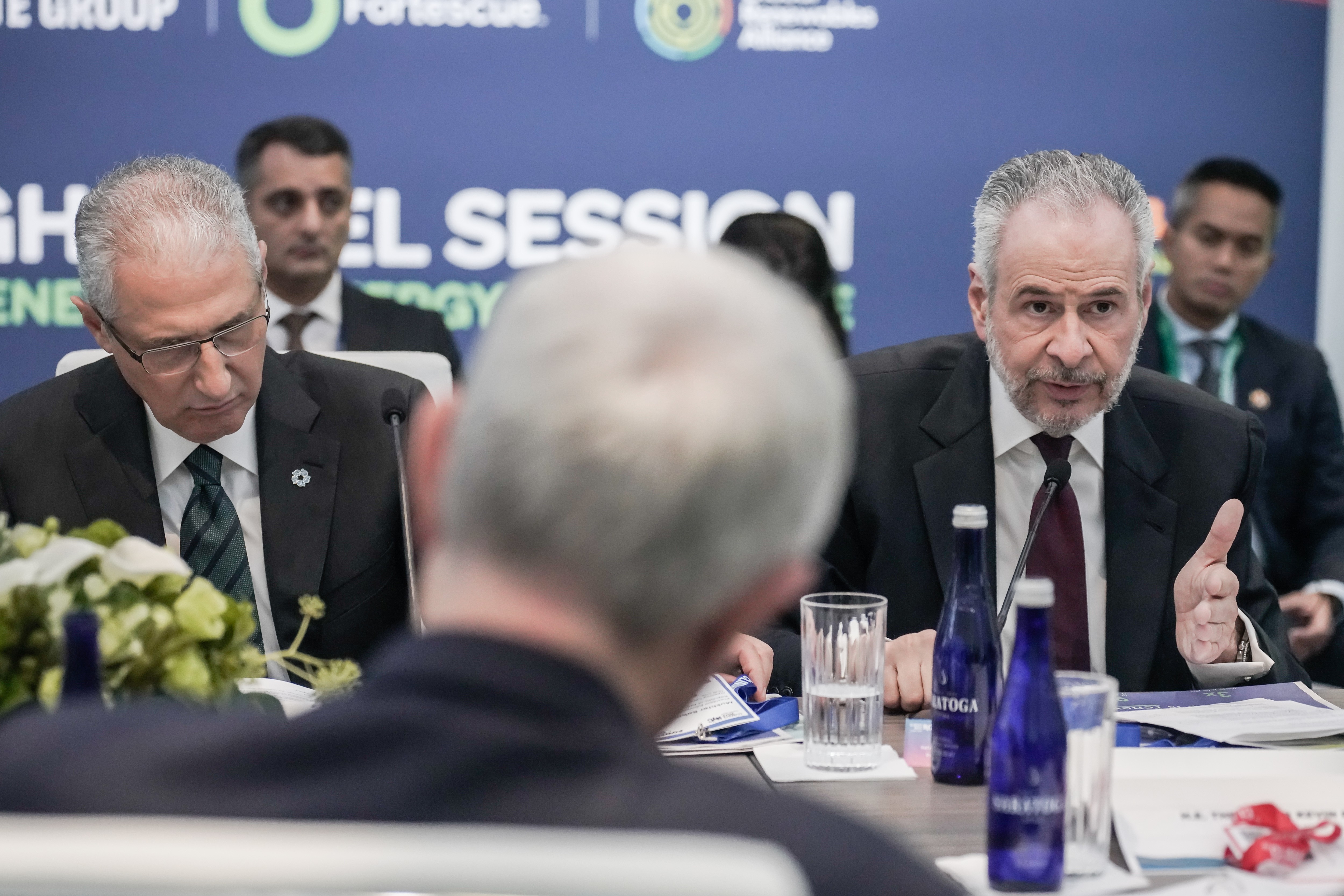COP29 and COP30 Presidents present Baku to Belém Roadmap to mobilize US$1.3 trillion in climate finance
Babayev and Corrêa do Lago stress that the finance exists — and that every actor must step up to match the scale and urgency of the climate crisis

Azerbaijan’s COP29 and Brazil’s COP30 Presidencies today unveiled the Baku to Belém Roadmap — a blueprint to mobilize at least US$1.3 trillion a year in climate finance for developing countries by 2035. Presidents Mukhtar Babayev and André Corrêa do Lago emphasize that this target is within reach — but will require significant effort from traditional sources as well as the development of new and innovative financial mechanisms.
Under the Baku Finance Goal, Parties tasked the COP29 and COP30 Presidencies with delivering this report. Marking a decade since the adoption of the Paris Agreement, progress toward the new finance goal must drive the next leap in implementing the commitments already made.
“We need to act — and the time is now. The 2030 and 2035 climate commitments give us a rare chance to turn promises into real, sustainable development—protecting the planet while creating jobs, strengthening communities, and ensuring prosperity for all,” said President Babayev.
Five Action Fronts (5Rs)
The Roadmap lays out five priority areas with a vision to 2035, each supported by focused action points:
1.Replenishing grants, concessional finance and low-cost capital
2. Rebalancing fiscal space and debt sustainability
3. Rechanneling transformative private finance and affordable cost of capital
4. Revamping capacity and coordination for scaled climate portfolios
5. Reshaping systems and structures for equitable capital flows
Together, these efforts aim to ensure climate finance reaches at least US$1.3 trillion annually, while increasing access for developing countries and strengthening outcomes in key areas such as adaptation, loss and damage, clean energy, nature, food systems, and just transitions.
This Roadmap reflects growing global momentum behind reforming the international financial architecture, especially in the wake of the COVID-19 pandemic. It draws on wide-ranging ideas and engagement from political, financial, economic, and social leaders worldwide.
“This is the beginning of an era of truth in climate finance,” said Corrêa do Lago. “To deliver the Paris Agreement faster, climate action must be embedded in real economic and financial reform. With the 5Rs, the Roadmap turns scientific urgency into a practical plan for global cooperation and results.”
Early Actions: 2026–2028
To kickstart implementation, the Presidencies propose practical early actions — improving data, driving reform debates, and strengthening transparency and collaboration. These steps will help build momentum, shape priorities, and demonstrate what is possible.
“The Roadmap shows how, by working together, we can scale up climate finance towards USD 1.3 trillion a year by 2035, helping developing countries meet their climate goals", says Simon Stiell, Executive Secretary of the UNFCCC. “This new era will be about bringing our formal process closer to the real economy, accelerating implementation, and delivering benefits to billions more people. Bigger and better climate finance solutions will be a crucial part of that shift.”
“The resources exist. The science is clear. The moral imperative is undeniable. What remains is the resolve — to make this the decade where ambition becomes action and humanity’s response finally meets the scale of its responsibility”, concludes the report.
Report on the Baku to Belém Roadmap to 1.3T
Report on the Baku to Belém Roadmap to 1.3T - Executive Summary
